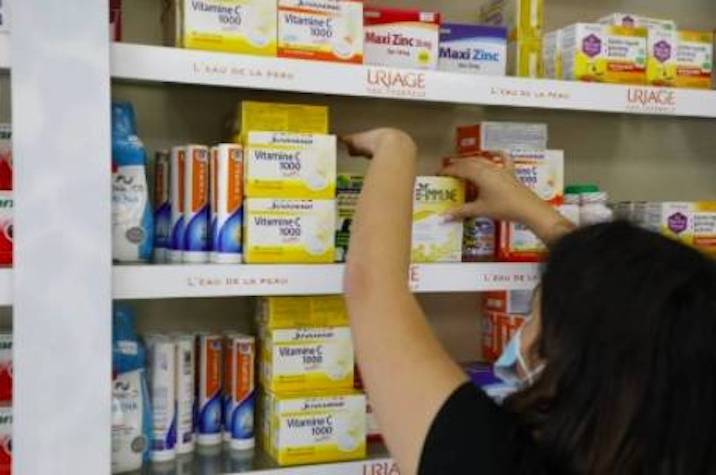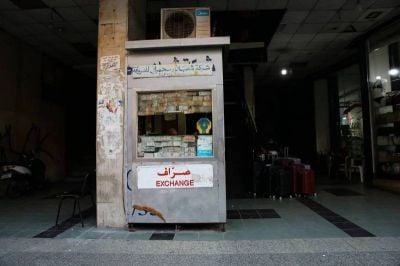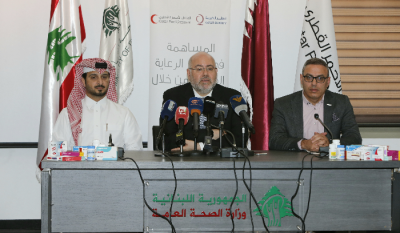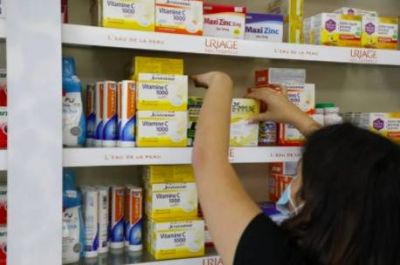
Though a major crisis was narrowly averted, pharmacies’ stock shortages persist. (Credit: Marc Fayad, archive)
A statement by the pharmacists syndicate head, Joe Salloum, Wednesday night brought things to a head. According to him, deliveries of medicines and infant milk to pharmacies had been interrupted due to the surge in the dollar exchange rate against the Lebanese lira (which exceeded LL46,000-$1 in the past few days), warning of a major crisis if a solution was not found.
The Health Ministry corrected the specific exchange rate for medicines Thursday, setting it at LL45,000, as Salloum confirmed to L’Orient-Le Jour. “This has solved the problem until further notice,” he said. “This adjustment needs to be made every time there is a big fluctuation in the exchange rate in the country.”
Karim Gebara, the head of the Lebanese Pharmaceuticals Importers and Wholesalers Association, also confirmed that the problem has been resolved temporarily. “When the exchange rate fluctuates so drastically, all health actors are affected,” he told L’Orient-Le Jour.
“When suppliers sell their medicines at a rate of LL40,000 while they purchase their goods at the rate of LL45,000, their ability to renew their stocks becomes increasingly jeopardized and the whole health sector is affected,” he added.
Gebara believes that, to avoid crises, it would be better to have a weekly adjustment of the exchange rate for medicines. “This would minimize the impact of large fluctuations, especially since no financial official can explain why the dollar rate is so high, when the influx of foreign visitors at this time of year should help bring it down,” he said.
A quick tour of pharmacies Thursday morning confirmed the stock shortages. The pharmacists we met pointed to the significant fluctuations of the dollar rate in recent days, which is disrupting the market as long as medicine price indicators remain unchanged.
Many of them said that the categories most affected are medicines for chronic diseases and cancer, especially those that are subsidized. Infant milk is practically unobtainable just about everywhere.
“The system simply does not work anymore,” said a pharmacist in Akkar, noting that customers get angry when the pharmacist refuses to give them more than one box of medication.
Lifting subsidies?
While this particular crisis has been resolved, the pharmaceutical sector remains deeply disrupted. Both Gebara and Salloum recognize that there are many shortages, especially in subsidized medicines (generally for serious diseases) as well as others. “The subsidies’ price value is low. They do not cover the needs of the country and patients,” said Gebara, who said that the size of subsidies are specified by the ministry, not by importers.
“A radical solution to the problem of medicine requires the formation of a cabinet with full powers that can make the necessary decisions,” said Salloum. “I think subsidies should be lifted, but not before we have a system in place to support the patient through third-party payment.”
The real losers in this dysfunctional system are patients, whose health, even their lives, are at stake when a medicine is not found in time, and whose bills increase in the absence of a social safety net.
This story was originally published in French in L’Orient-Le Jour, translated by Joelle Khoury.


